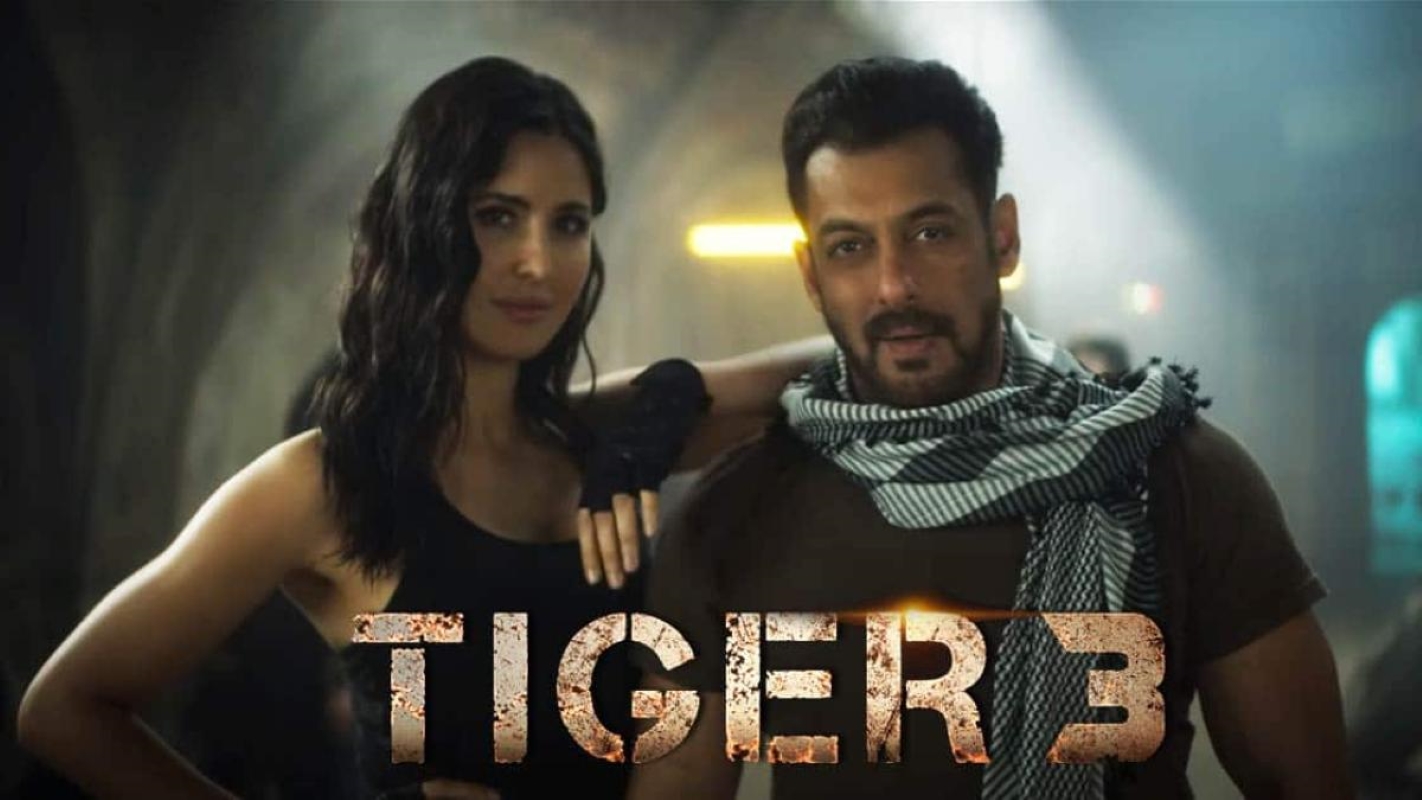Foe Review:

In Garth Davis’ latest release, “Foe” the audience is transported to the year 2065, a time when Earth is withering under the weight of environmental catastrophe. Humanity faces an uncertain future as it prepares to escape to space, and the film delves into the lives of two central characters, Henrietta (Saoirse Ronan) and Junior (Paul Mescal), who reside in a desolate rural landscape. The arrival of an enigmatic official named Terrance (Aaron Pierre) sets in motion a series of events that will test the limits of their identity and the strength of their relationship.
As we explore the themes, performances, and the cinematography of “Foe,” we’ll draw insights from three different articles that examine this cerebral-to-the-point-of-bloodless marital drama set in a dystopian future.
Foe Review: The Exploration of Identity and Relationships

At the heart of “Foe” lies an exploration of identity and relationships. The film’s premise raises profound questions about what defines us as individuals and the nature of human connections. As we read in the first article, “Foe” forces us to confront the idea of outgrowing a place or a person. It presents a world where climate change has forced humanity to look to the stars, and those chosen to explore the cosmos must leave behind loved ones. The impending departure of Junior and the introduction of his clone challenge the very essence of what it means to be human.
Saoirse Ronan’s Powerful Performance:

Saoirse Ronan’s performance as Henrietta is hailed as a triumph in the first article. Her portrayal of a woman grappling with the impending departure of her husband and the introduction of a replica is described as haunting. Despite some shortcomings in the script, Ronan’s delivery is compelling enough to engage viewers and overshadow these flaws. The unraveling relationship between Hen and Junior becomes the emotional core of the film, reflecting the destruction of nature around them.
Pacing and Predictability:
One aspect that critics point out is the film’s pacing, as discussed in the first article. At times, “Foe” appears to drag, while at others, it rushes through critical moments. This uneven pacing affects the film’s climactic moments, which, despite reaching emotional highs, are deemed predictable. It leaves viewers with more questions than answers, underscoring the film’s strength in probing moral dilemmas.
Visually Stunning but Limited Worldbuilding:

The second article touches on the film’s stunning cinematography. The use of warm, muted hues and the barren landscape enhance the emotional tension. The film’s focus on sensory details immerses viewers in a world that seems trapped in the past. However, it also points out the film’s limited worldbuilding. The story predominantly unfolds in a small, isolated setting, leaving viewers with questions about the broader societal context in which Hen and Junior’s story fits.
An Intellectual but Stilted Drama:
The third article highlights that “Foe” is filled with compelling ideas but struggles with execution. The characters’ actions and decisions often feel at odds with their established personas, making it challenging for the audience to understand their dynamic. The film’s dramatic moments, while powerful, at times border on being overly theatrical. The dialogue is criticized for being stilted and at times pretentious.
The Dilemma of Artificiality:

At its core, “Foe” grapples with the notion of artificiality, not just in the creation of biomechanical replicas but also in the film’s own presentation. It raises questions about what it means to be truly human, and whether the characters themselves are more like automatons, serving as vessels for the film’s broader themes.
Conclusion:
“Foe” is a film that offers thought-provoking ideas about identity, relationships, and the consequences of a dystopian future. While it boasts stunning visuals and powerful performances, it falls short in terms of pacing and narrative coherence. The film keeps its viewers engaged in the ethical dilemmas it presents, even as it leaves them with more questions than answers. Ultimately, “Foe” is a cerebral exploration of a dystopian world, where the line between humanity and artificiality blurs, and where relationships are put to the ultimate test.
In conclusion, “Foe” may not provide easy answers to the existential questions it raises, but it certainly sparks discussions and reflections on what it means to be human and how relationships define us in a changing world.
So, if you’re a fan of cerebral sci-fi dramas that delve into the complexities of identity and relationships, “Foe” is a film that’s worth exploring, even if it occasionally stumbles on its way to delivering its thought-provoking message.











